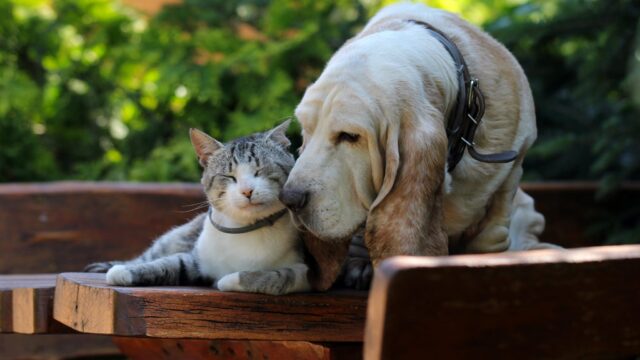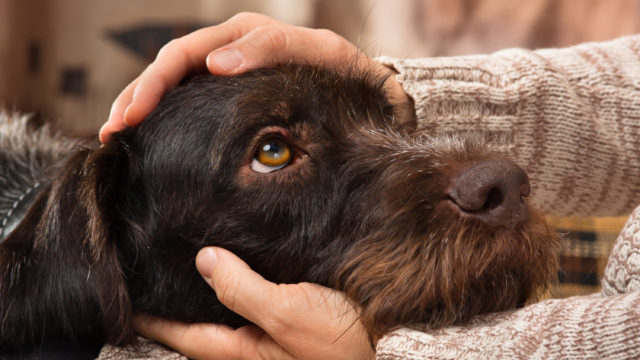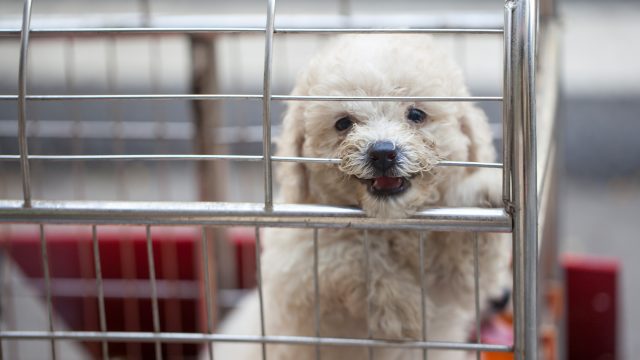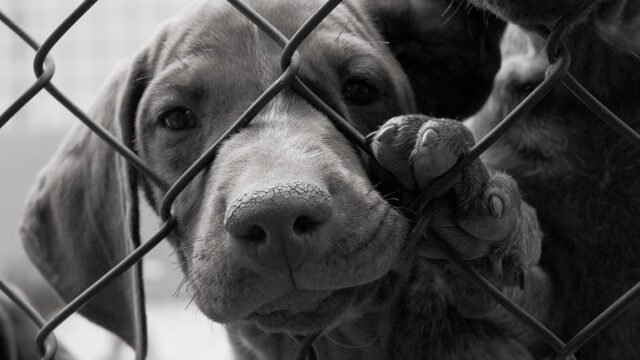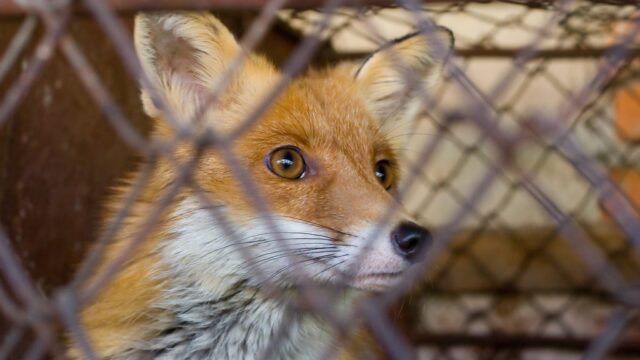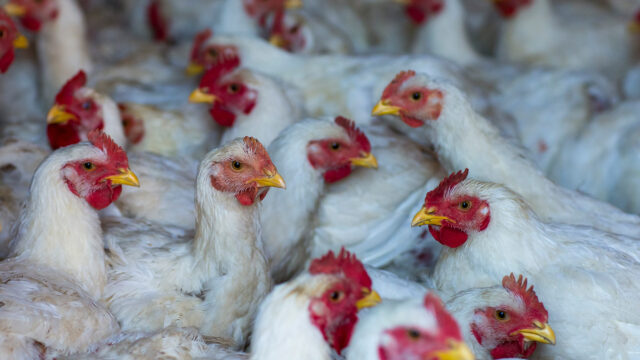Showing 21-30 of 201
-
Coercive Control Bill (Massachusetts)
Legislation would help victims of domestic violence, both human and animal, by updating the Commonwealth’s legal definition of abuse to include regarding “coercive control” to include committing or threatening to commit cruelty to the animal companion. -
Room to Roam Act (California)
This bill would help protect California wildlife and prioritize climate resilience by establishing a statewide policy requiring local governments to consider and implement measures to protect and improve wildlife connectivity through land-use planning. -
Helping Animal and Human Victims Alike Escape Domestic Violence (Rhode Island)
This bill updates existing Rhode Island law to help victims of abuse — both human and animal — safely flee abusive situations. -
Poison-Free Wildlife Act (California)
The Poison-Free Wildlife Act would place a moratorium on some of the most dangerous rodenticides — which cause widespread poisoning of wildlife — with limited exceptions. -
Humane Pet Store Bill (New Jersey)
This bill would prohibit the retail sale of dogs, cats, and rabbits in New Jersey pet shops. -
A Bill to Strengthen Cruelty Laws (Oregon)
This bill will both strengthen current cruelty laws and make it a crime to interfere with investigations into animal abuse and neglect. -
A Bill to Ban the Sale of Fur Products (Hawaii)
This bill would ban the sale of new fur products in Hawaii, reducing the demand driving the fur industry. -
Restricting Public Contact with Wild Animals (Pennsylvania)
This bill would restrict the public from feeding or having direct physical contact with wildlife without a separating barrier. -
The Mink Facility Disease Prevention Act (Illinois)
This bill would require monitoring and surveillance for zoonotic diseases on mink farms in Illinois. -
Oppose: Ag-Gag Bill to Prohibit Photography (Kentucky)
This bill would make it a crime to operate a drone or other photography equipment over a Confined Animal Feeding Operation (CAFO) — also known as a factory farm — or take any form of photography within a CAFO without the consent of the facility’s owner.

